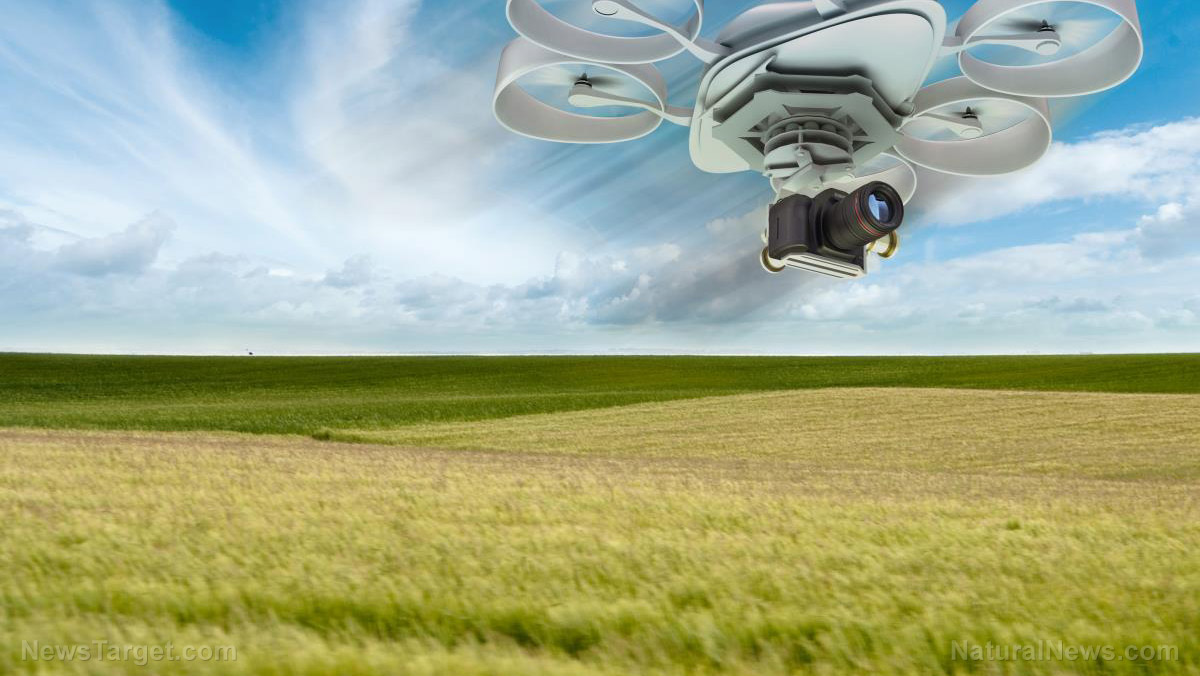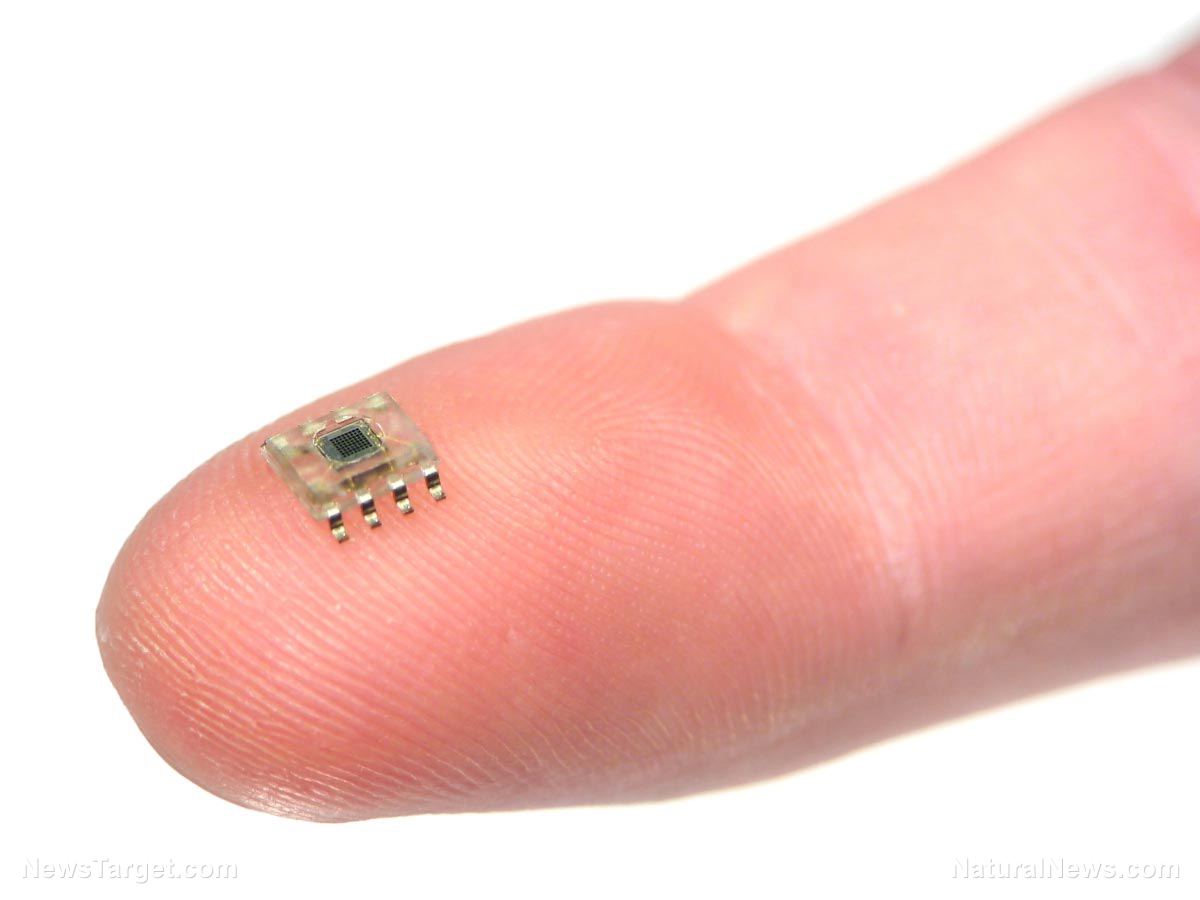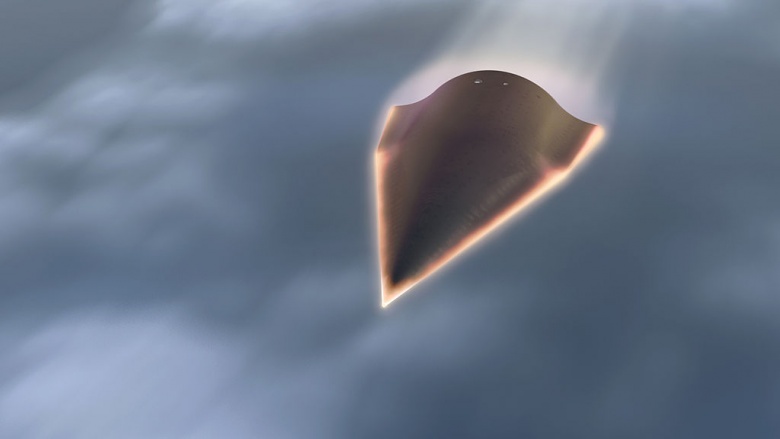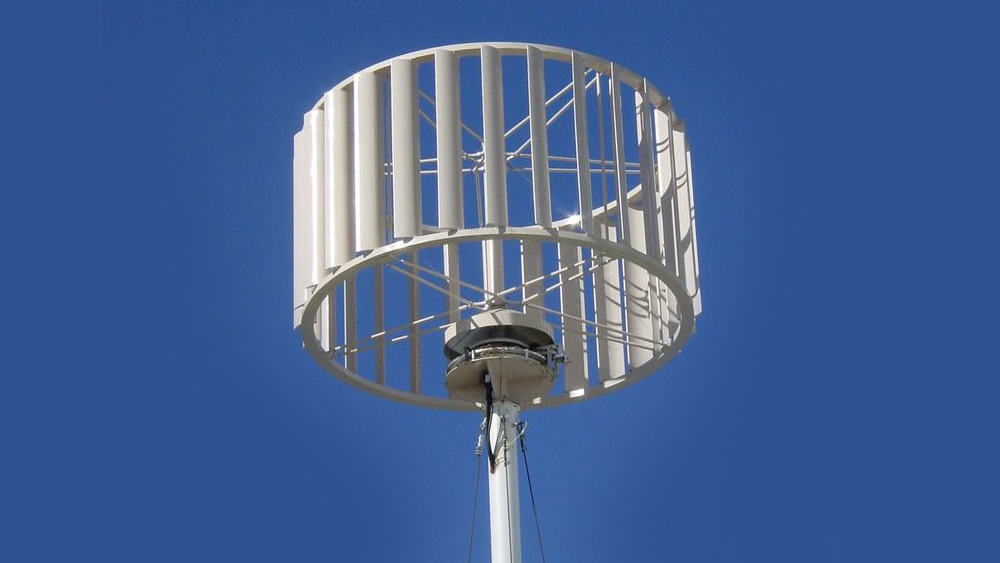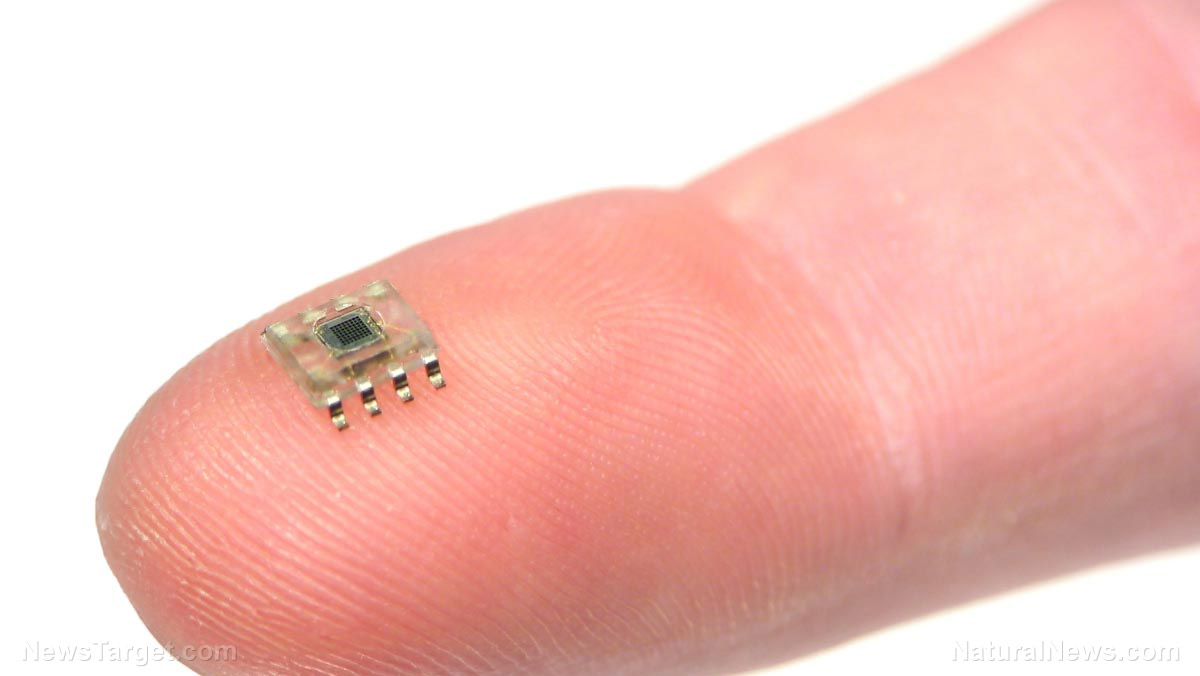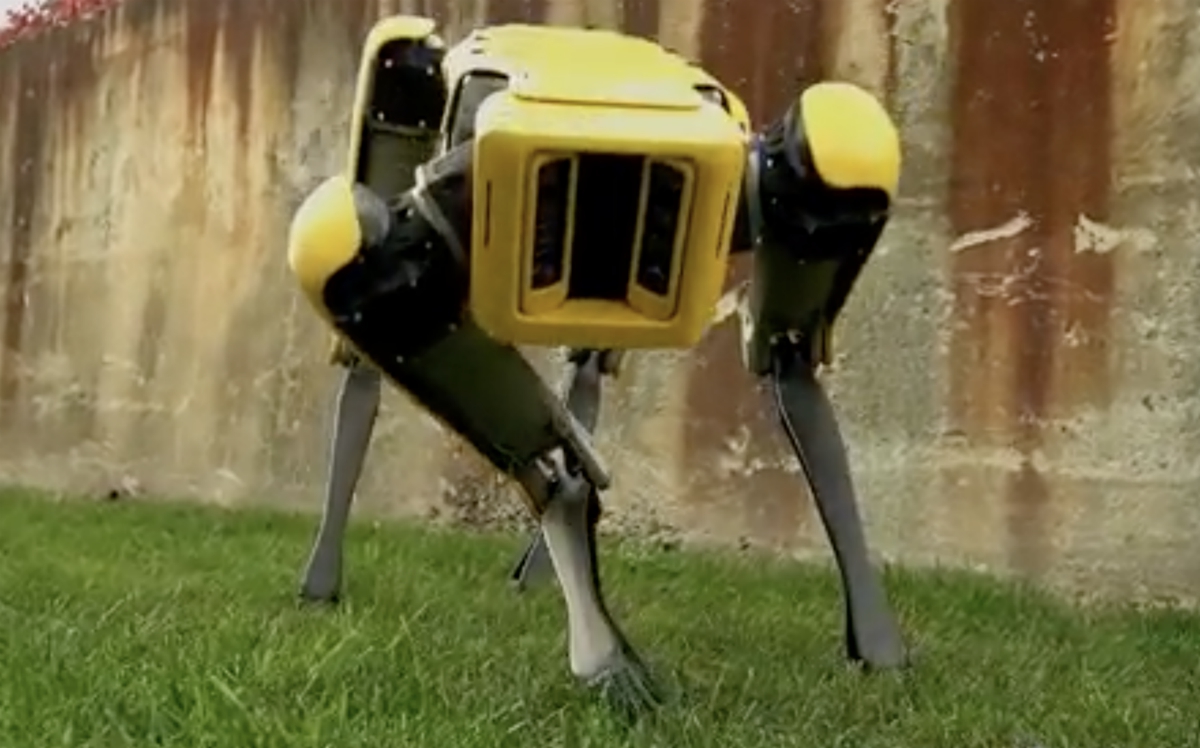Military-industrial complex unveils laser-equipped Strykers for futuristic combat
01/15/2021 / By Ethan Huff

Developed in conjunction with Northrop Grumman and Raytheon, the United States Army has unveiled two new Stryker vehicles equipped with 50 kW-class laser weapon capabilities and support equipment.
The futuristic technology is slated to be tested at a combat shoot-out event scheduled for springtime in Fort Sill, Okla. It will be put to the test in a series of scenarios developed specifically to assess the capabilities and threshold requirements for this particular class of laser.
Whichever laser-equipped vehicle performs better will be chosen as the winner and escalated into prototype production. The winner will also demonstrate for the first time that this type of laser technology is mature enough to be ready for real-life combat.
“The Army expects the operational fielding to take place by Fiscal Year 2022 with the service taking delivery of a platoon of four Strykers,” reports indicate.
The combat shoot-off event is part of the Army’s Directed Energy-Maneuver Short-Range Air Defense (DE-MSHORAD) prototyping efforts, which falls under a larger effort by the Army to modernize its strategies for air and missile defense.
The stated goal of the project is to help protect Divisions and Brigade Combat Teams (BCTs) from unmanned aircraft systems (UAS), rotary-wing aircraft and rockets, and artillery and mortars (RAM) threats.
“This is moving extremely fast,” says Col. G. Scott McLeod, the Army Rapid Capabilities and Critical Technologies Office (RCCTO) program manager for DE-MSHORAD.
“Everybody has done a great job of managing all of the technical complexity and challenges of getting these new components built and integrated so we can move to the shoot-off next year.”
Army purchased two additional DE-MSHORAD prototypes for a total of four
The two laser-equipped Strykers were developed using a “cost share approach,” also known as fascism, whereby Northrop Grumman and Raytheon were awarded government contracts to compete against one another for the winning technology.
In Oct. 2020, the competing contractors simultaneously tested control and functionality of their equipment against airborne targets. Two additional risk reduction events are scheduled to take place prior to the spring combat shoot-off.
“At the shoot-off, the two laser systems will go up against a series of 12 vignettes that will increase in difficulty,” reports explain.
“For example, there will be a mix of scenarios that could include UAS targets, RAM targets, or both. It is not expected that both systems will be able to meet all the demands of all of the scenarios, but the realistic challenges to the prototypes will serve to establish threshold requirements for future DE-MSHORAD systems.”
Kord Technologies, the prime contractor that is overseeing the dueling efforts, created two separate areas at its facility in Huntsville, Ala., for Northrop Grumman and Raytheon to each develop their technologies.
The first Other Transaction Authority (OTA) agreement was awarded to Kord back in July 2019. A second one was executed in November, provisioning for two more DE-MSHORAD prototypes to be delivered by Sep. 2022.
Rocky Research was also signed on to handle laser support equipment, while General Dynamics has been tasked with providing Stryker vehicle support.
“The directed energy M-SHORAD prototypes are part of the progression of an Army technology maturation initiative known as the Multi-Mission High Energy Laser (MMHEL),” an announcement further explains about the project.
“The directed energy M-SHORAD prototypes are part of the progression of an Army technology maturation initiative known as the Multi-Mission High Energy Laser (MMHEL).”
Back in February, it was also announced that research and development spending on lasers will triple in 2021, as well as double for R&D into hypersonics.
If you enjoyed this story, you will find more like it at NationalSecurity.news.
Sources for this article include:
Tagged Under: Army, DE-MSHORAD, DEWs, Directed Energy Weapons, future warfare, inventions, lasers, military tech, military technology, Northrop Grumman, physics, Raytheon, Stryker, weapons technology
RECENT NEWS & ARTICLES
COPYRIGHT © 2017 FUTURETECH.NEWS
All content posted on this site is protected under Free Speech. FutureTech.news is not responsible for content written by contributing authors. The information on this site is provided for educational and entertainment purposes only. It is not intended as a substitute for professional advice of any kind. FutureTech.news assumes no responsibility for the use or misuse of this material. All trademarks, registered trademarks and service marks mentioned on this site are the property of their respective owners.



